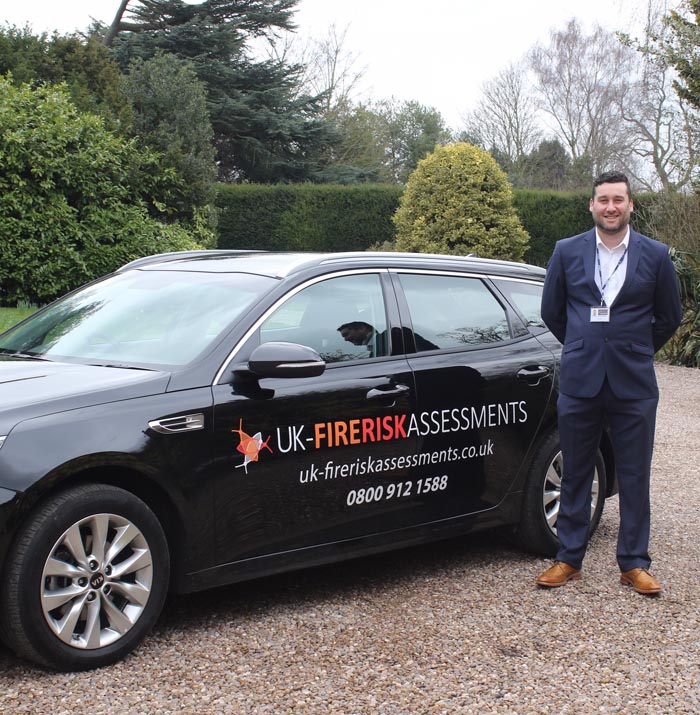When you are an employer in the UK today, there are a considerable number of rules and regulations that you must follow that were not in place 30 or 40 years ago. For instance, when you employ someone, you need to be able to offer them a pension scheme to which both they and you contribute. There are certain exceptions according to age and salary, but by and large, you have to have a pension scheme in place and automatically enrol most of your workers into it.
Another thing that you must do as an employer is to undertake a fire risk assessment of your premises, and if you employ more than five people you have to keep a written record of it which your local fire service can demand to see. The same thing also applies if you are a landlord and own an HMO (House in Multiple Occupation), although the regulations are slightly different. Furthermore, if you fail to act in accordance with the law, you can be on the receiving end of fines, and may even be handed a prison sentence!
This is where many employers have great difficulty, for the simple reason that they have not been trained in how to carry out a fire risk assessment, yet the law says that they have to do so. Let’s face it: you may run a web design business, you might be a printer, you could be a solicitor, own a theatre, be an accountant, run a pub, or one of the thousands of other businesses, and no doubt you are very good at what you do. But how much do you know about carrying out fire risk assessments? Probably not a lot.
The law states that you are responsible for fire safety in business or other non-domestic premises if you are an employer, the owner, landlord, occupier, or anyone else with control of the premises such as a building manager or managing agent. You are known as the “responsible person” and there can be more than one responsible person. For instance, an office building might contain several businesses, the owners of which would all have to work together.
The Fire Safety Order (2005) also applies if you have paying guests such as a bed and breakfast, or you rent out a self-catering property.
If you are the responsible person, you must do the following:
- carry out a fire risk assessment of the premises and review it regularly.
- tell employees or their representatives about the risks you’ve identified.
- put in place, and maintain appropriate fire safety measures.
- plan for an emergency.
- provide information, fire safety instruction, and training to the employees.
In order to carry out the fire safety assessment, you need to identify all the fire hazards and the people who are at risk from them. You then need to evaluate and remove the risks, or at the very least reduce them if they cannot be removed. For example, your business might need to use flammable materials, but you can store them separately, or perhaps on another part of your site. You also need to prepare a plan for a fire emergency and provide employee training.
Of course, you will need to have fire detection and warning systems and appropriate fire-fighting equipment. You will also need to have emergency routes and exit doors. You need an emergency evacuation plan, and this will need to take into account the needs of children or vulnerable people. For example, if you run a retail store you have no idea of who may be on the premises at any given moment, so you have to cover all contingencies such as disabled people in a wheelchair.
You will also need to fix a safe meeting point where employees and visitors can gather after leaving the building. And, of course, you need to provide employee training which must be done during working hours.
The good news is that if all this is too much for you, then at UK-FireRisk Assessments we can carry all this out for you. Our fire risk assessor will visit your premises and carry out a full assessment and provide you with a written report. This will also include things that you may need to do, such as invest in fire extinguishers, alarms, removal of hazardous materials, and more. But you will have the peace of mind that comes with knowing that you are fully compliant.

